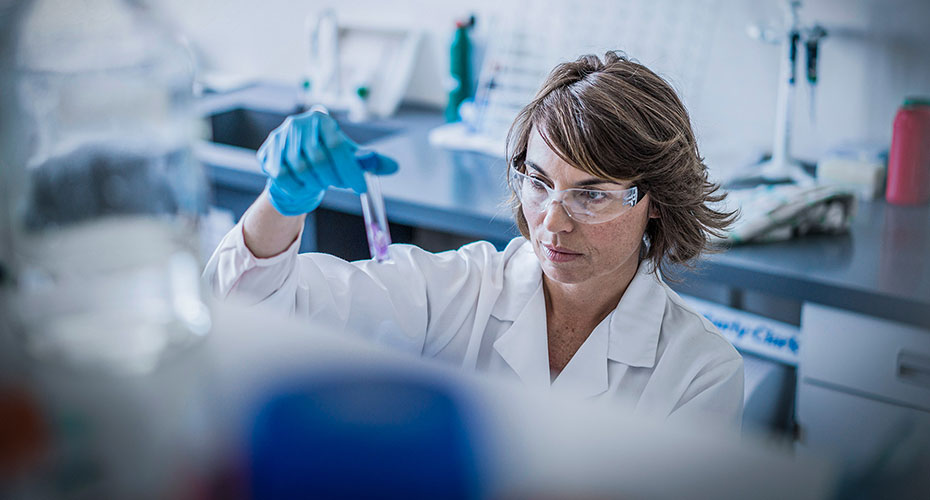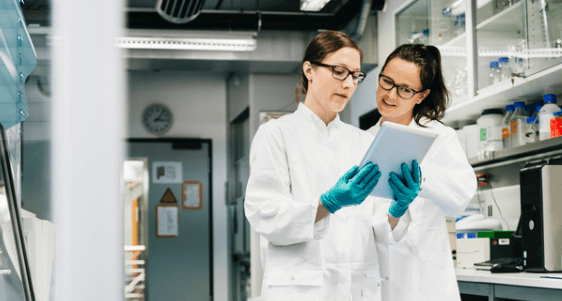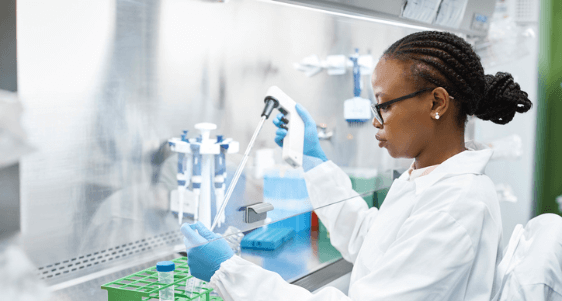Professor William Gaze
Professor William Gaze is a Professor of Microbiology at The European Centre for Environment and Human Health, part of the University of Exeter Medical School. He leads a large research group focusing on the environmental dimension of antimicrobial resistance (AMR) with recent and current funding of £4M with over 20 group members. His group researches the evolution of resistance in complex microbial communities found in human, animal and environmental microbiomes. They also study the dissemination of AMR at a landscape scale and human exposure and transmission in aquatic environments.
Professor Gaze’s expertise is recognised globally, as evidenced by his numerous invited presentations across Europe, North America, South America, Asia, and Africa over the past few years. He gives particular focus to interactions with stakeholders from government, regulators, and industry through two NERC Knowledge Exchange Fellowships awarded to him in 2019 and 2021. He advises the United Nations, World Health Organisation, UK, and overseas governments on AMR.
Professor Gaze also plays a significant role in academic leadership. He is a member of the University Senate, departmental leadership team, and the GW4 AMR Alliance Steering Committee. He is a co-lead of the Exeter Microbes & Society network of over 300 researchers across all three faculties.














